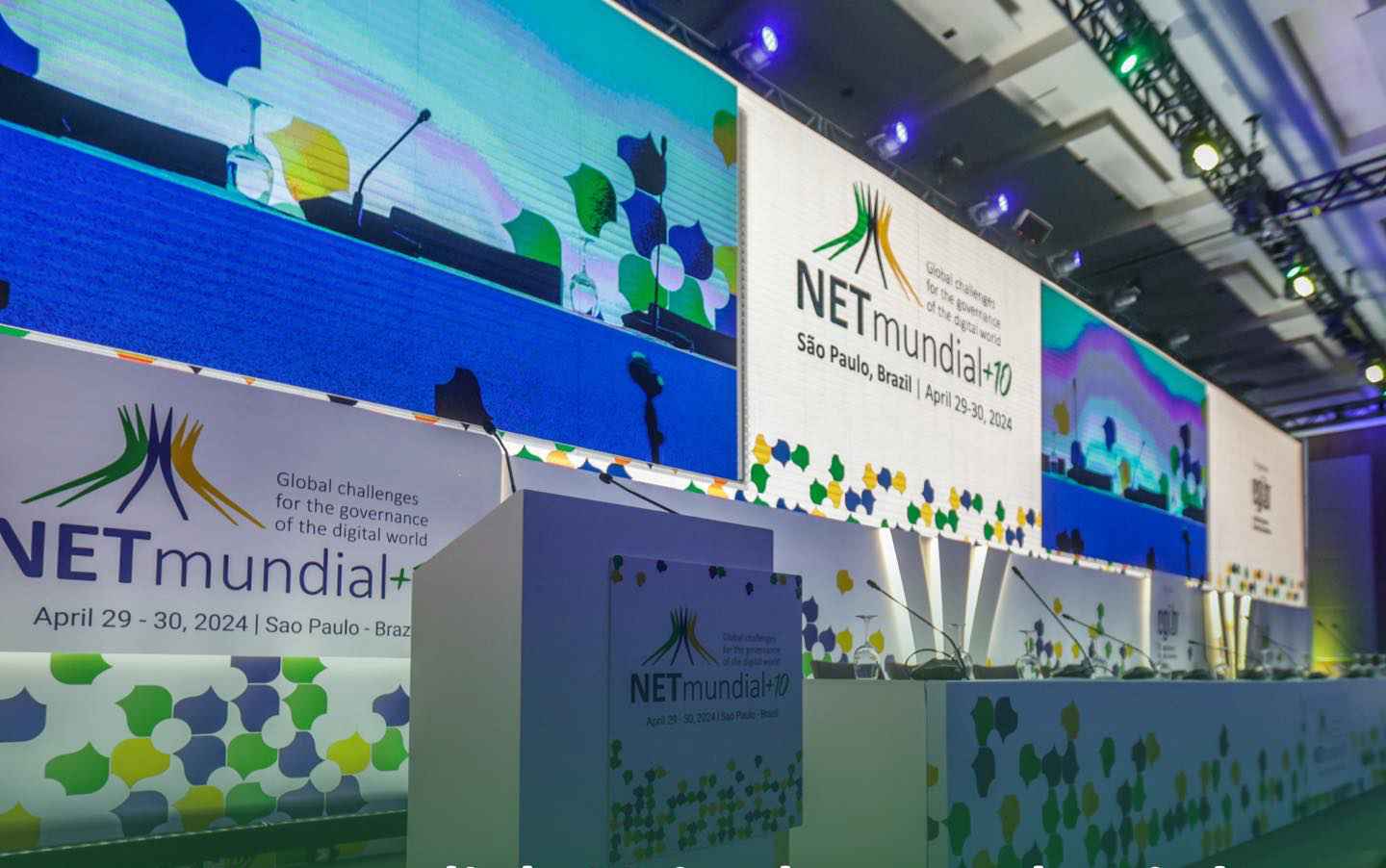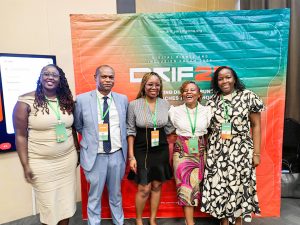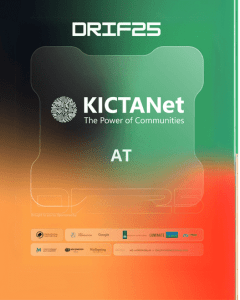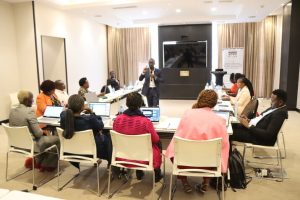From 2014 to 2024, the debate over Internet governance and digital policy processes peaked in São Paulo, Brazil, where the NETmundial+10 Multistakeholder Statement emerged.
Wherein stakeholders underlined the need for international cooperation to address issues and seize opportunities brought about by the swiftly changing digital landscape and new technologies such as artificial intelligence, stakeholder engagement was emphasised.
Involving academia, civil society, governments, international organisations, the commercial sector, technical communities, and end users in decision-making processes was called to attention and is apparent in the statement, which provides the guidelines in such areas as:
- Challenges to Internet governance and digital policy processes
- Principles for Internet Governance and Digital Policy Processes
- Applying the multistakeholder approach improves multilateral processes and
- Input to ongoing processes
However, better processes for reaching consensus and producing recommendations are required to guarantee broad participation and practical answers to new problems.
NETmundial+10 sought to strengthen the multistakeholder approach to governance by building on the success of the 2014 meeting and offering non-binding proposals and messages to influence future discussions and choices regarding Internet governance and digital policy procedures.
The main objective is to build a governance architecture that is people-centred, sustainable, and development-oriented. The aim is to protect human rights, advance the Sustainable Development Goals (SDGs), and advance inclusive societies worldwide.
Read the full statement here. NETmundial+10 Multistakeholder Statement.
Dr Grace Githaiga, CEO of KICTANet, was a member of the High-Level Executive Committee (HLEC) and participated in the draft of this statement.
![]()




